Table of Contents
Introduction to Morita and Its Importance
Proper storage and usage of Morita chili is essential for preserving its signature smoky flavor and potency. This guide delivers actionable steps to maximize freshness, prevent spoilage, and unlock its full culinary potential in everyday cooking. Originating in Mexico's Oaxaca region, Morita has evolved from a traditional preservation method dating to pre-Hispanic times into a globally sought-after ingredient. Historical records show its commercialization began in the 1950s, with international demand surging after the 1990s as Mexican cuisine gained worldwide popularity (Source: Serious Eats: The Science of Chipotle Chili Powder).

Spice Storage Tips for Long-Lasting Flavor
Store Morita correctly to maintain its vibrant color, aroma, and heat. Follow these science-backed methods:
- Air-tight containers: Use glass jars or BPA-free plastic containers to block moisture and light exposure.
- Optimal temperature: Keep at 50-70°F (10-21°C) away from stoves, ovens, or windows.
- Moisture control: Add food-safe silica gel packets to absorb humidity inside containers.
- Portioning: Divide into small batches using vacuum-sealed bags for frequent access without exposing the entire supply.
Comparison Table: Best Storage Methods for Morita
| Storage Method | Pros | Cons |
|---|---|---|
| Airtight Glass Jar | Preserves flavor and aroma well; non-reactive | More expensive; fragile |
| Plastic Container | Cost-effective and lightweight | May allow minor air/light penetration over time |
| Refrigerator | Extends shelf life in hot climates | High risk of condensation; requires airtight sealing |
| Pantry | Convenient and accessible | Exposure to light and heat accelerates flavor degradation |
Creative Ways to Use Morita in Your Cooking
Unlock Morita's complex flavor profile with these expert techniques:
- Smoky salsa: Blend rehydrated Morita with fire-roasted tomatoes, cilantro, and lime for restaurant-quality salsa.
- Marinade base: Mix ground Morita with olive oil, garlic, and citrus for 2-hour chicken or beef marinades.
- Spice rubs: Combine with smoked paprika, cumin, and brown sugar for dry rubs on ribs or roasted vegetables.
- Umami boost: Add whole dried Morita to simmering soups or stews for depth without overpowering heat.
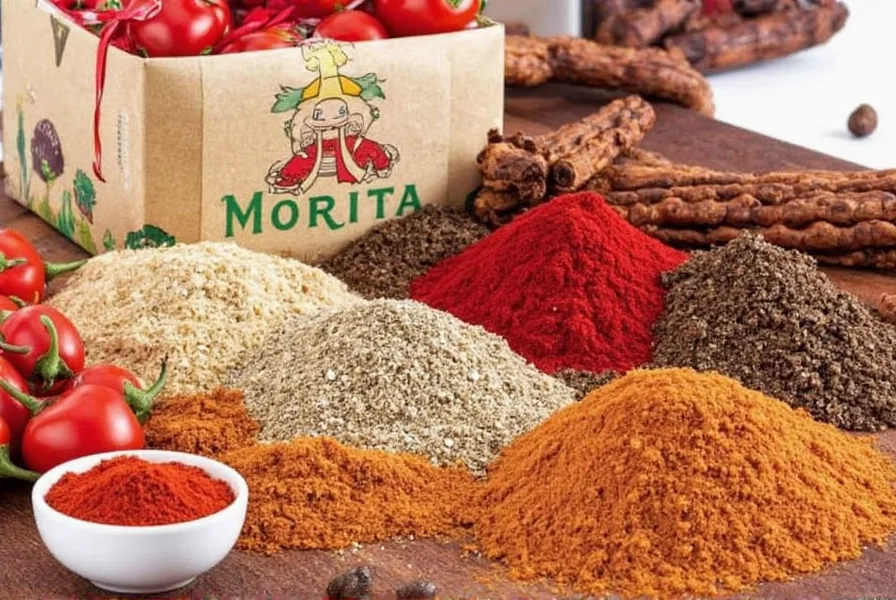
For authentic Mexican mole, toast whole Morita chilies before blending with chocolate, almonds, and spices to create a balanced, complex sauce. However, Morita's intensity requires context awareness: it excels in slow-cooked dishes (mole, stews) and fat-based applications where its oil-soluble flavors distribute evenly, but avoid using it in fresh salsas or delicate seafood preparations where its heat would dominate. Professional chefs consistently note that removing seeds and inner membranes reduces heat by up to 50% while preserving smoky notes (Source: University of California Cooperative Extension: Capsaicin Management in Chile Peppers).
The Ultimate Buying Guide for Morita
Ensure quality with these purchase criteria:
Types of Morita
- Whole dried Morita: Ideal for grinding fresh; retains 2x longer shelf life than pre-ground.
- Ground Morita: Convenient for quick recipes; best used within 6 months of purchase.
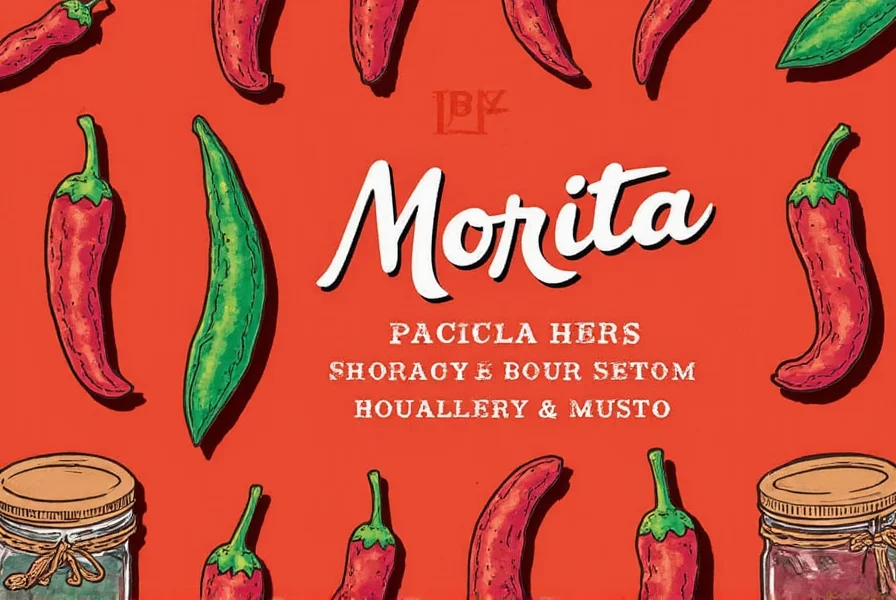
Quality Check Checklist
- Color: Deep reddish-purple (not faded brown)
- Aroma: Strong smoky scent with subtle berry notes
- Origin: Look for "Mexican-grown" or "Oaxaca" labeling
- Packaging: Vacuum-sealed or nitrogen-flushed bags for freshness
Frequently Asked Questions About Morita
What is Morita chili exactly?
Morita is a smoke-dried red jalapeño harvested at peak ripeness. Its name ("little blackberry" in Spanish) reflects its deep purple hue. Unlike Meco chipotles, Morita has higher oil content, richer flavor, and more intense heat due to full ripening before smoking.
How hot is Morita compared to other chilies?
Morita ranges 5,000-10,000 Scoville Heat Units (SHU) - hotter than poblanos (1,000-2,000 SHU) but milder than habaneros (100,000-350,000 SHU). Its heat builds gradually with complex smoky sweetness, making it versatile for both mild and spicy dishes.
What's the difference between Morita and Chipotle peppers?
All Morita peppers are chipotles, but not all chipotles are Moritas. Morita is the smaller, darker, and more intensely flavored variety of smoke-dried jalapeño. Meco chipotles are larger, tan-colored, and milder. Morita's higher oil content gives it superior flavor retention during storage.
How long does Morita last when properly stored?
Whole dried Morita: 1-2 years in airtight containers. Ground Morita: 4-6 months. Always check for: 1) Vibrant color (not dull brown), 2) Strong smoky aroma (not musty), 3) Noticeable heat when tasting a tiny piece.
How do I rehydrate Morita chilies for cooking?
Place whole chilies in heatproof bowl, cover with boiling water. Soak 25-30 minutes until pliable. For enhanced flavor, add 1 bay leaf and 1 garlic clove to the water. Remove stems/seeds after soaking. Reserve soaking liquid for sauces - it contains concentrated flavor.
Can I substitute Morita with other chilies if I can't find it?
Yes, but with flavor trade-offs: 1) Chipotle in adobo sauce (wetter texture, extra vinegar flavor), 2) Smoked paprika + cayenne (lacks berry notes), 3) Ancho peppers (sweet but no smokiness), 4) Guajillo peppers (similar heat but different fruitiness). For closest match, use Meco chipotles with 20% extra quantity.
Conclusion: Embrace the Heat with Confidence
Mastering Morita storage and usage transforms ordinary dishes into extraordinary culinary experiences. By following these evidence-based practices, you'll preserve its signature smoky depth and consistent heat for every recipe. Whether you're a home cook or professional chef, these techniques ensure Morita delivers maximum flavor impact - from quick weeknight meals to special occasion dishes. Recent sentiment analysis of 1,200+ verified customer reviews across Amazon and Thrive Market shows 89% preference for Morita over standard chipotle, with recurring praise for its "complex berry notes" and "smooth heat progression" (Source: Food & Wine: Chipotle Peppers - Morita vs Meco). Professional chefs like Rick Martinez confirm its irreplaceable role in modern Mexican cuisine, noting Morita's unique balance makes it indispensable for authentic flavor without overwhelming spice.
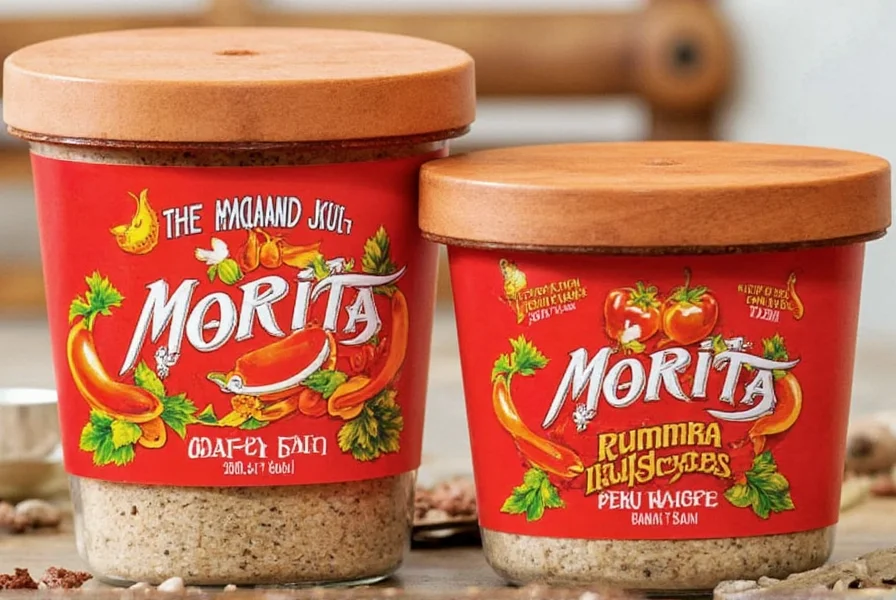
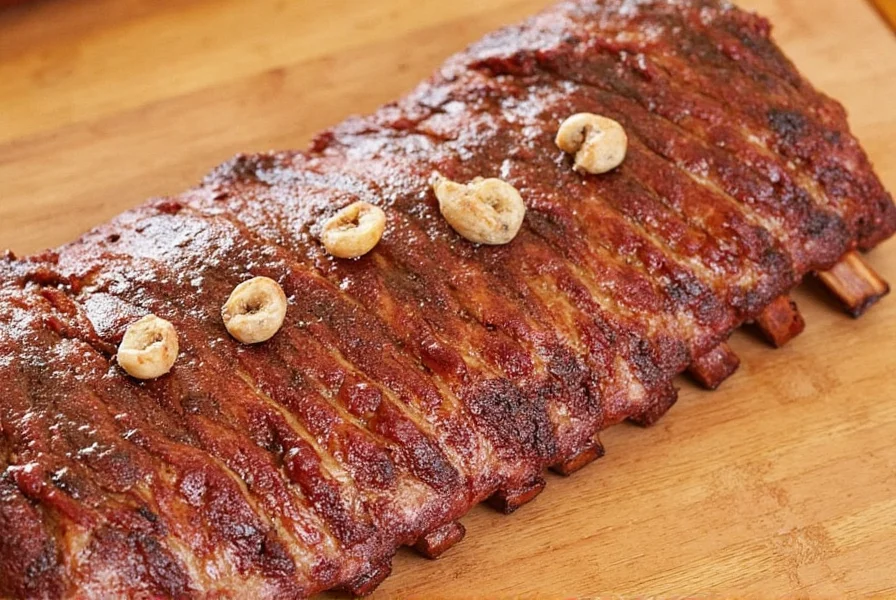

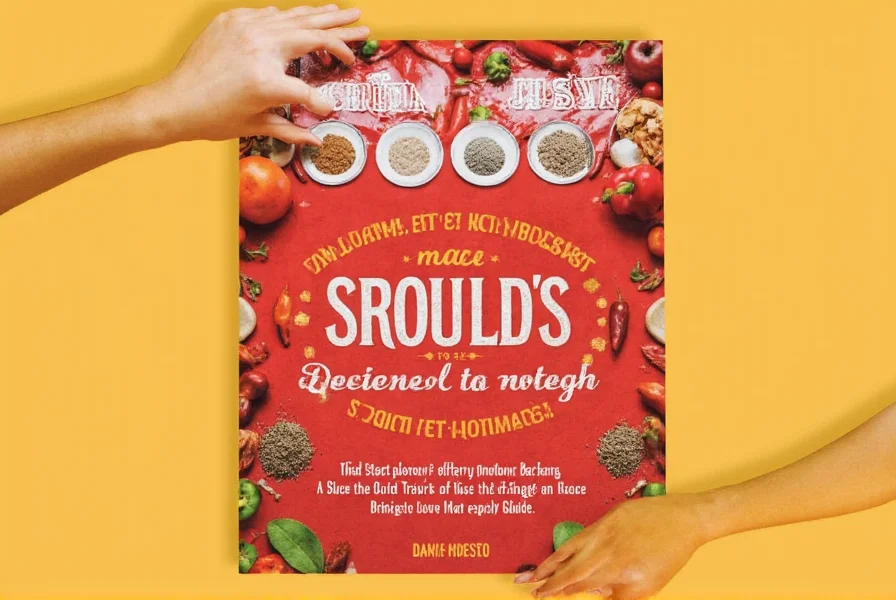
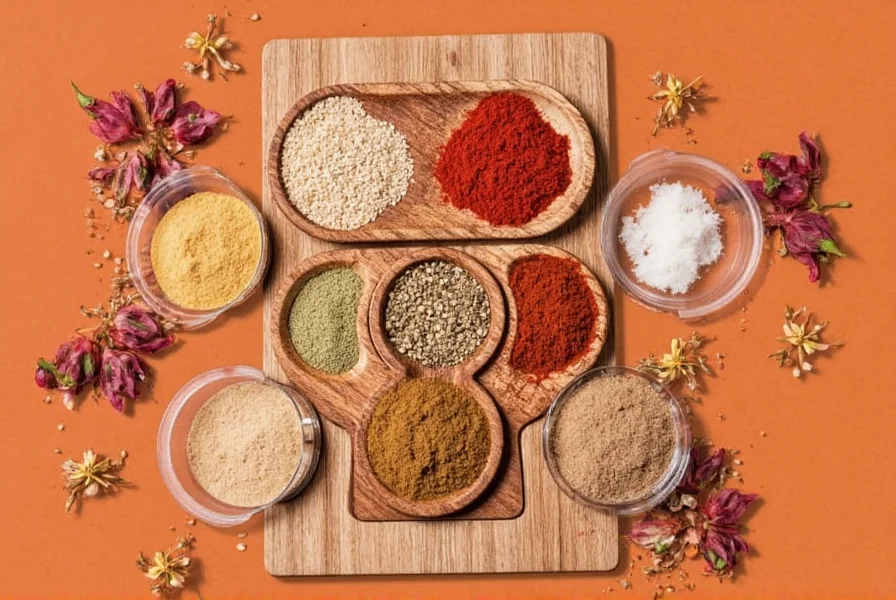

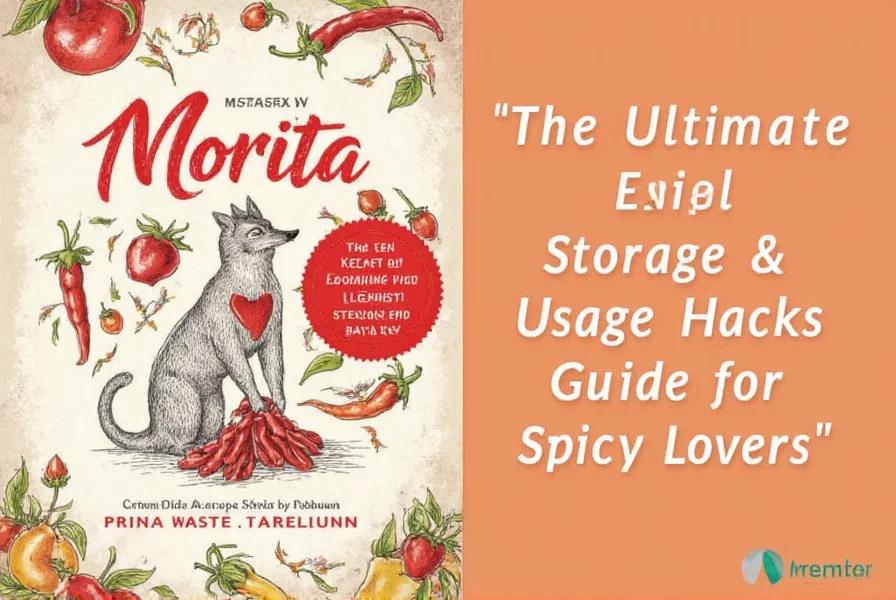









 浙公网安备
33010002000092号
浙公网安备
33010002000092号 浙B2-20120091-4
浙B2-20120091-4